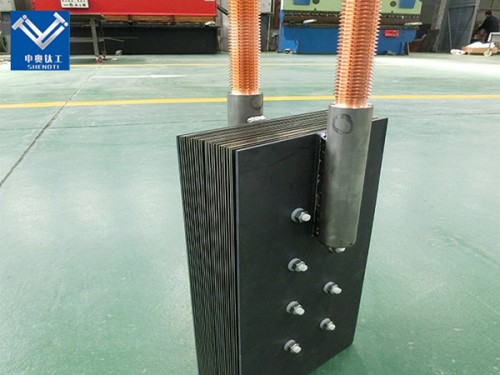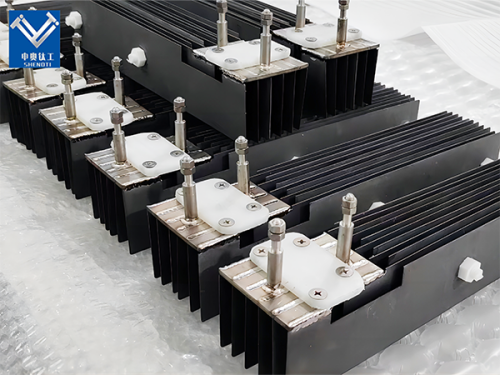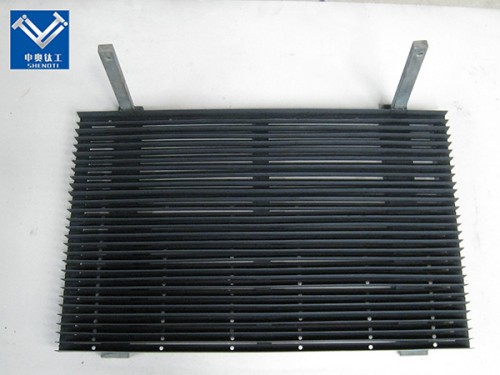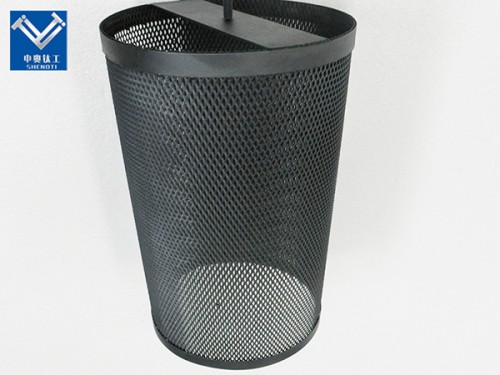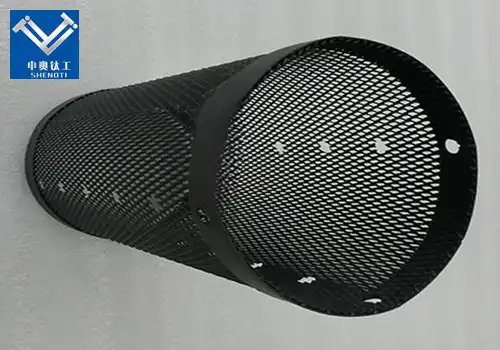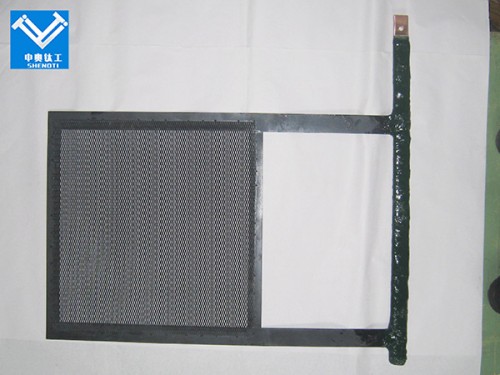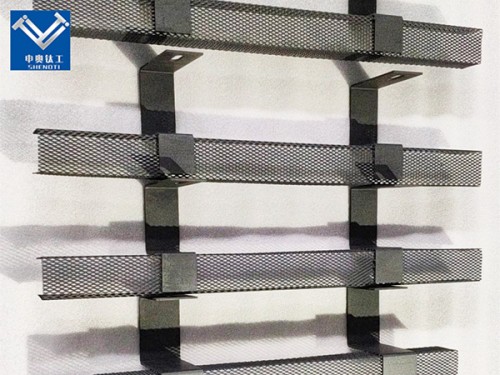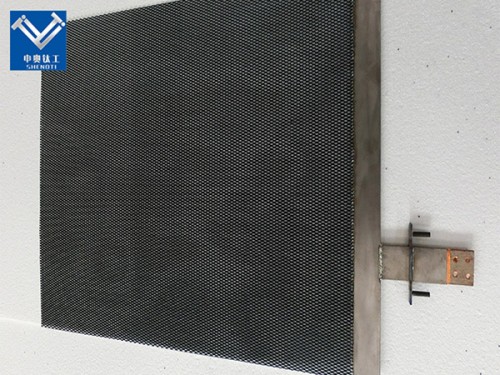
In Which Industries Are Titanium Anodizing Mainly Used?
2025-06-07 14:43:23
In Which Industries Are Titanium Anodizing Mainly Used?
Titanium anodizing is an electrochemical process that enhances the surface properties of titanium, making it more durable, corrosion-resistant, and aesthetically versatile. The process involves creating an oxide layer on the titanium surface, which can vary in thickness and color based on the voltage applied during anodization.
1. Medical Industry
Titanium's biocompatibility makes it ideal for medical applications. Anodized titanium is commonly used in:
Implants: Dental implants, orthopedic screws, and joint replacements benefit from anodized titanium's enhanced corrosion resistance and reduced ion release, minimizing adverse reactions in the body.
Surgical Instruments: Color-coded anodized instruments allow for easy identification, improving surgical efficiency and reducing errors.
2. Aerospace Industry
In aerospace, weight reduction without compromising strength is crucial. Anodized titanium components offer:
Corrosion Resistance: Essential for parts exposed to harsh atmospheric conditions.
Improved Adhesion: The oxide layer enhances paint and adhesive bonding, critical for structural components.
3. Automotive Industry
High-performance vehicles utilize anodized titanium for:
Exhaust Systems: The process provides heat resistance and a distinctive appearance.
Suspension Components: Anodizing improves fatigue strength and longevity.
4. Consumer Electronics
Anodized titanium's aesthetic appeal and durability make it suitable for:
Smartphone Casings: Offering a premium look with scratch resistance.
Wearable Devices: Ensuring longevity and skin compatibility.
5. Jewelry and Fashion Accessories
The vibrant colors achieved through anodizing allow designers to create unique, hypoallergenic pieces that resist tarnishing.
What Is the Purpose of Ruthenium Coating on Titanium Electrodes?
Ruthenium coating on titanium electrodes serves to enhance their electrochemical performance, particularly in aggressive environments. The primary purposes include:
1. Enhanced Catalytic Activity
Ruthenium oxide (RuO₂) exhibits excellent catalytic properties, facilitating efficient electron transfer during electrochemical reactions. This is crucial in processes like chlorine evolution and oxygen evolution reactions.
2. Corrosion Resistance
The ruthenium coating acts as a protective barrier, preventing the titanium substrate from corroding in harsh electrolytic conditions. This extends the electrode's lifespan and maintains consistent performance.
3. Reduced Overpotential
Ruthenium-coated electrodes require lower energy to drive electrochemical reactions, improving energy efficiency in industrial processes.
4. Stability and Durability
The coating ensures structural integrity under high current densities and prolonged operation, making them suitable for continuous industrial applications.
How Does Ruthenium Coating Improve Titanium Electrode Performance?
The integration of ruthenium coating significantly elevates the functional attributes of titanium electrodes:
1. Increased Electrochemical Efficiency
The catalytic nature of ruthenium oxide accelerates reaction rates, enhancing the overall efficiency of electrochemical processes.
2. Prolonged Service Life
By mitigating corrosion and wear, the coating ensures the electrode maintains its performance over extended periods, reducing maintenance and replacement costs.
3. Improved Product Quality
In applications like electroplating, the uniform current distribution facilitated by the coating results in consistent product finishes and quality.
4. Energy Savings
Lower operational voltages translate to reduced energy consumption, offering economic and environmental benefits.
What Are the Benefits of Using Ruthenium Coated Titanium Electrodes?
Ruthenium Coated Titanium Electrodes offer a multitude of advantages across various applications:
1. Versatility
Suitable for diverse industries, including chemical manufacturing, water treatment, and metallurgy.
2. Environmental Compliance
Their durability and efficiency contribute to sustainable practices by minimizing waste and energy usage.
3. Cost-Effectiveness
Despite higher initial costs, the extended lifespan and reduced operational expenses make them economically favorable in the long term.
4. Safety
Stable operation under extreme conditions reduces the risk of hazardous failures, ensuring safer industrial environments.
Contact Us
For more information on Ruthenium Coated Titanium Electrodes and their applications, please reach out to us: Email: zh@baojiti.com.cn
Our team is dedicated to providing expert guidance and high-quality solutions tailored to your industrial needs.
YOU MAY LIKE











